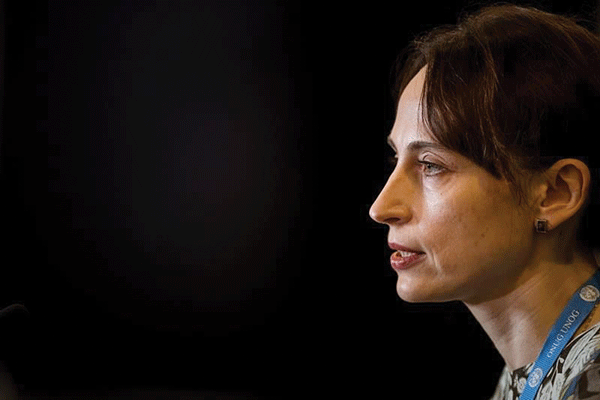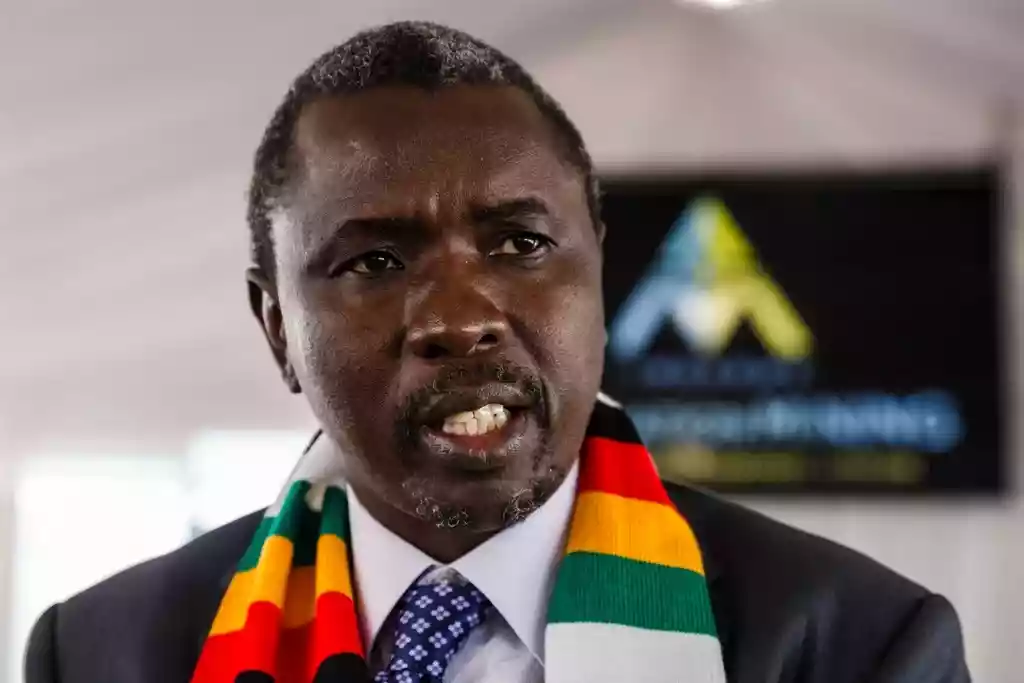
BY MOSES MATENGA
THE United Nations (UN) will deploy a special rapporteur to Zimbabwe to probe the impact of sanctions on the country and determine if President Emmerson Mnangagwa’s government was not using them as a scapegoat to the prevailing economic crisis.
UN special rapporteur Alena Douhan, from Belarus, is expected to be in Zimbabwe from on October 18 to 28 at the invitation of government.
Douhan is expected to meet government officials, the opposition and members of civic society.
Subsequently, a report on the findings will be presented to the UN Human Rights Council at its 51st session to be held in September next year.
“She is currently seeking the views of all relevant stakeholders to inform the thematic and geographical focus of the visit and subsequent reporting,” read a statement by the office of the UN Human Rights High Commissioner yesterday.
“In order to gather first-hand information related to the negative impact of unilateral coercive measures on the enjoyment of human rights in a specific country, enabling her to conduct her assessment and evaluation of such impacts, and thus to prepare relevant recommendations and guidelines on means to mitigate or eliminate these adverse impacts, the special rapporteur undertakes field visits.”
Zimbabwe has been under US sanctions since 2001 when the world super power, the United States, signed the Zimbabwe Democracy and Economic Recovery Act into law in response to the deteriorating human rights situation in the country.
- Chamisa under fire over US$120K donation
- Mavhunga puts DeMbare into Chibuku quarterfinals
- Pension funds bet on Cabora Bassa oilfields
- Councils defy govt fire tender directive
Keep Reading
The measures have been renewed over the years since 2001 and in March 2021, the US renewed its sanctions regimes in respect of Zimbabwe, South Sudan and Iran for one year.
The European Union (EU) also imposed sanctions, which they described as targeted.
In February this year, the EU renewed its sanctions on Zimbabwe, imposing an arms embargo and a targeted asset freeze against the Zimbabwe Defence Industries for one year until 20 February 2022 in light of the “continued deterioration of the humanitarian, economic and social situation” in Zimbabwe, and “the continuing need to investigate the role of security force actors in human rights abuses”.
The UK government also slapped an asset freeze and travel ban on four Zimbabwean senior security sector officials, who are said to be responsible for committing serious human rights violations and, as such, undermining the rule of law.
The late former President Robert Mugabe, before he was toppled in a November 2017 coup, claimed sanctions were hurting the ordinary people.
Mnangagwa, when he assumed power, said sanctions should not be used as a scapegoat, but later made an about-turn, claiming that sanctions were derailing the country’s economic recovery.
Among Zimbabweans on the sanctions list are members of the securocrats, and line ministers who stand accused of human rights violations, including deploying the army to kill civilians, particularly on August 1, 2018 during the post-election disturbances, and in the January 2019 anti-fuel price hike riots.
Other officials and companies linked to the governing party are also on the sanctions list for their alleged involvement in aiding corruption, among other things.
In March 2017, the Human Rights Council adopted resolution 34/13 on human rights and unilateral coercive measures that stressed that unilateral coercive measures and legislation violated international law.
The resolutions also highlighted that in the long-term, the measures may result in social problems and raise humanitarian concerns in the States targeted.
But local opposition parties and observers argued that in Zimbabwe, sanctions were not behind the economic crisis.
They said corruption by the ruling elite and senior government as well as Zanu PF officials was responsible for the country’s economic quagmire.
The special rapporteur will meet various representatives of government before having private meetings with UN agencies in Zimbabwe, as well as international and regional organisations, international financial institutions, the national human rights institution, and representatives of the diplomatic community present in Harare.
- Follow Moses on Twitter Moses @mmatenga











